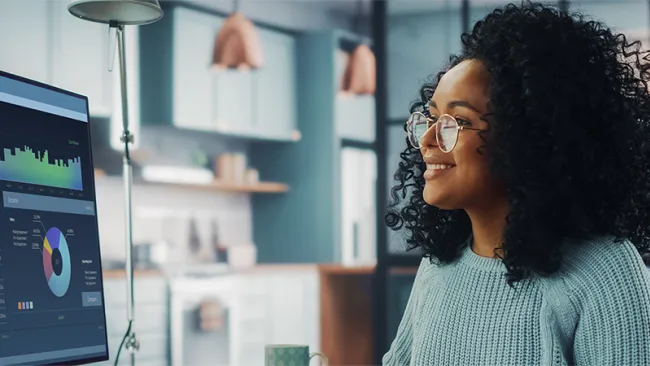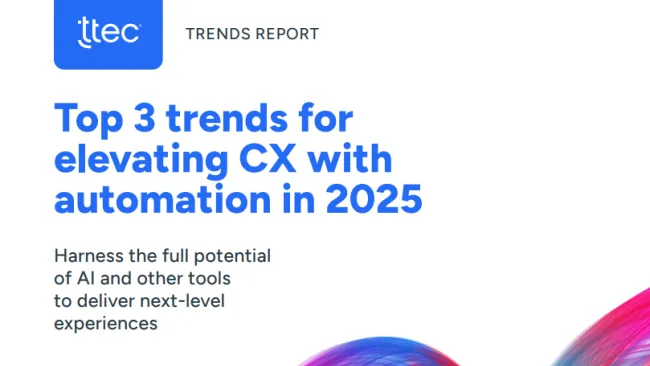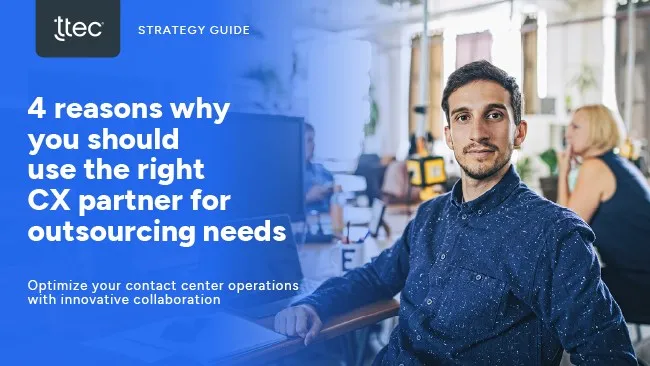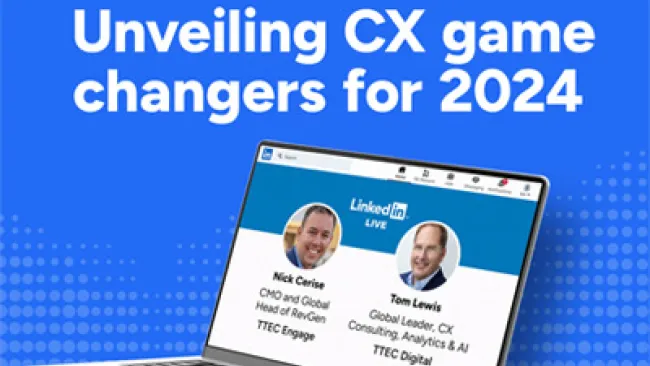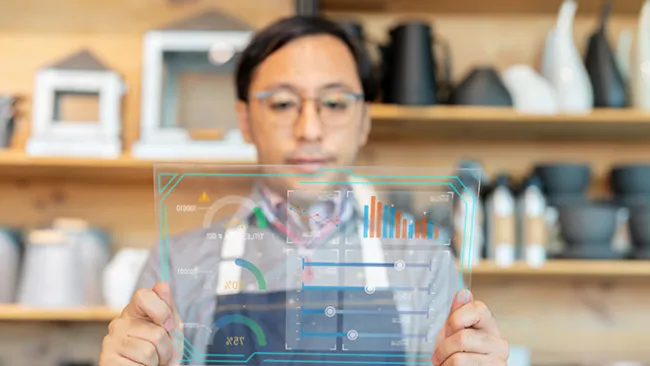What’s next for mobile commerce in a world transformed by COVID-19? What new expectations do customers have and how can brands be prepared? Bill Bloom, founder and CEO of the mobile market research firm Fast Focus, shares insights on the mobile commerce trends that he and his firm are watching for in 2021 and beyond. This interview has been lightly edited and condensed for clarity.
Let's start by talking about some broad trends. What changes have you seen in consumer mobile behavior since the pandemic started?
Well, actually we saw a lot of changes going up to the pandemic. As everyone knows, more and more folks are engaging online with e-commerce through their mobile devices. And we predicted a rise from about 16% to about 25% of all transactions being made through Amazon and other e-tailers. And we actually see that accelerating. On the mobile side what's happening because of demographics and because everyone's becoming more mobile centric—even up to the Boomers—everyone is becoming more versatile on how to shop online. We're seeing pretty soon half of all commerce transactions online will be through mobile devices. And we think that'll be by Q1 to Q2, 2021.
I think mobile e-commerce will reach and exceed their projections sometime in mid-2021 [and] 54% of e-commerce will be done on mobile. And one of the critical things about that is brands who are selling on Amazon and through e-commerce have optimized their messaging and their packaging and their images where they’re packaging hero images for desktop, because that's where it's been and most brands have lagged way behind on mobile. So, the really big opportunity out there is for brands to get ahead of the curve and start looking at how to optimize the experience for their mobile consumers. As of the end of 2019 studies have found about 12% of mobile e-commerce shopping was really optimized for mobile.
What effect has the entrance of all these first-time mobile shoppers had on brands’ marketing strategies? Is it enough just to create something that's mobile responsive or are they doing more to engage a wider variety of customers?
BB: Because digital is so fluid and because you don't have to print anything, you can make changes pretty fast. So from a market research standpoint, you really need to be able to test the experiences that are online already, but also predict like would with any type of market research for anything before you spend the money. And creating images and messaging and branding, test that. Our tool Fast Focus was really made for that because we emulated the e-commerce or actually m-commerce experience so that you could test it as if you were shopping all the way from using virtual currency, using the imagery, the hero images and the messaging, and using competing creative and see what happens.
But the big thing we're seeing is companies need to really start understanding the medium and then figuring out how to quickly test. In the time that we're in right now, the COVID piece of it has changed a lot because companies are now looking at sentiment not in months or quarters or years—they're looking at it in weeks. You know, when COVID first hit, everyone was [asking] what are people buying now? You know they're buying disinfectant and toilet paper, but as we go through it that's been changing on a weekly basis. So they really need to think about agile, fast, predictive ways to see where the market's going.



